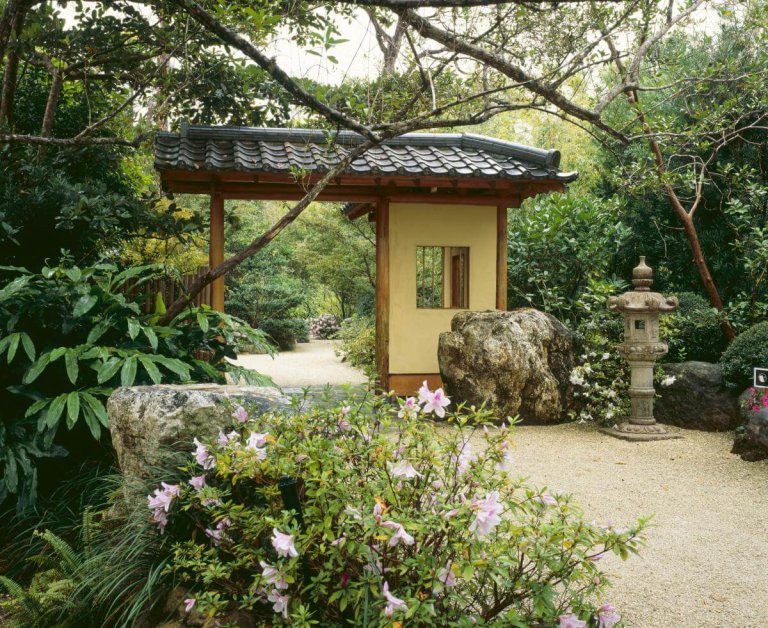
Celebrate Asian-Pacific American Heritage Month at the Morikami
Celebrate Asian-Pacific American Heritage Month at…
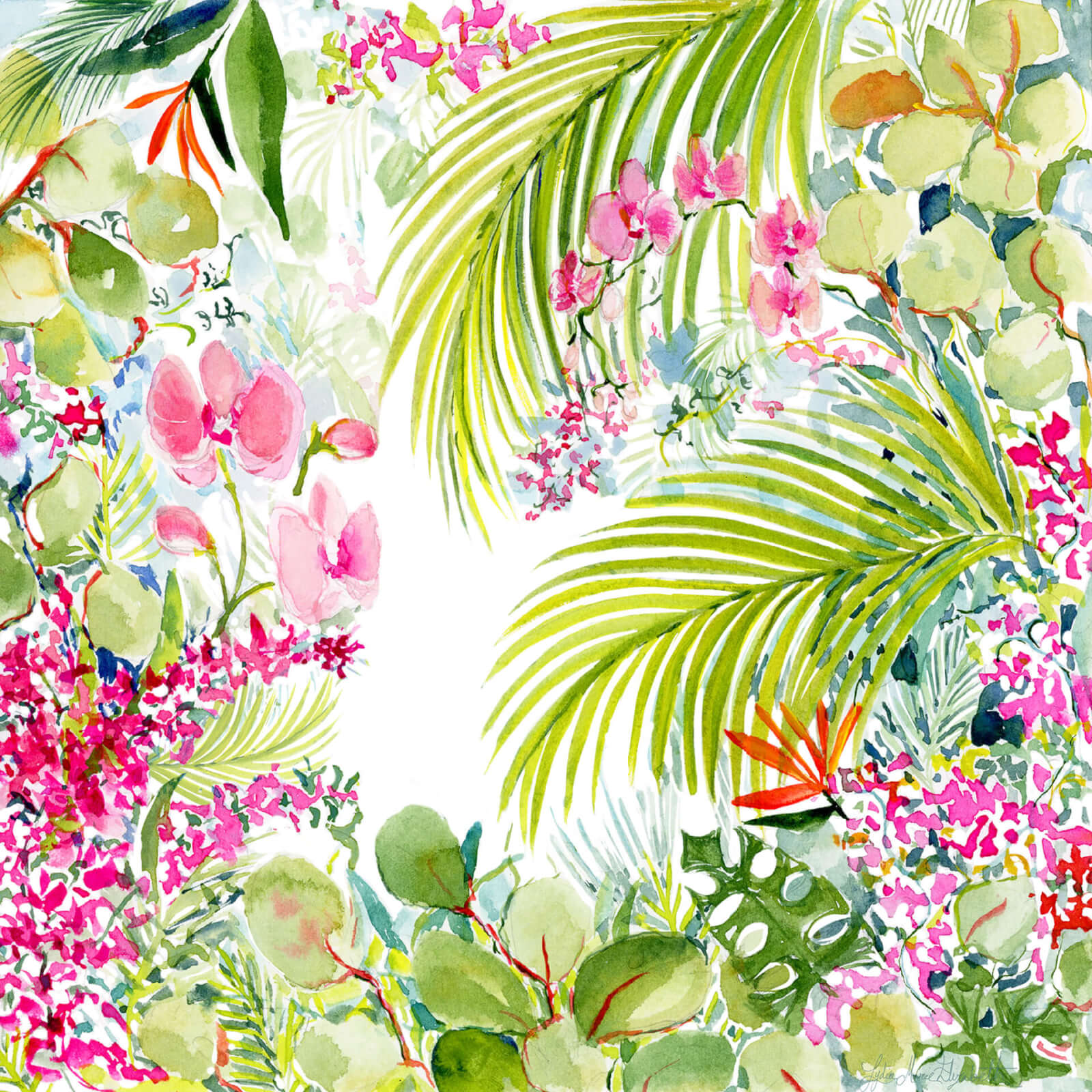
By: Linnea Bailey
Prepare to be inspired with a trip to Delray Beach’s exquisite Morikami Museum and Japanese Gardens
Ever wanted to experience the serenity of strolling through a pristine traditional Japanese garden? How about the heart-thumping excitement of a taiko drum performance — or the wonder of a spectacular large-scale indoor mural exhibition? Look no further than Delray Beach’s celebrated Morikami Museum and Japanese Gardens, a cultural treasure that offers visitors the chance to do all of that and more. With ever-changing exhibits, classes and special events, there’s always something new to see at this acclaimed landmark attraction. Here are five reasons to put a trip to the Morikami at the top of your bucket list:
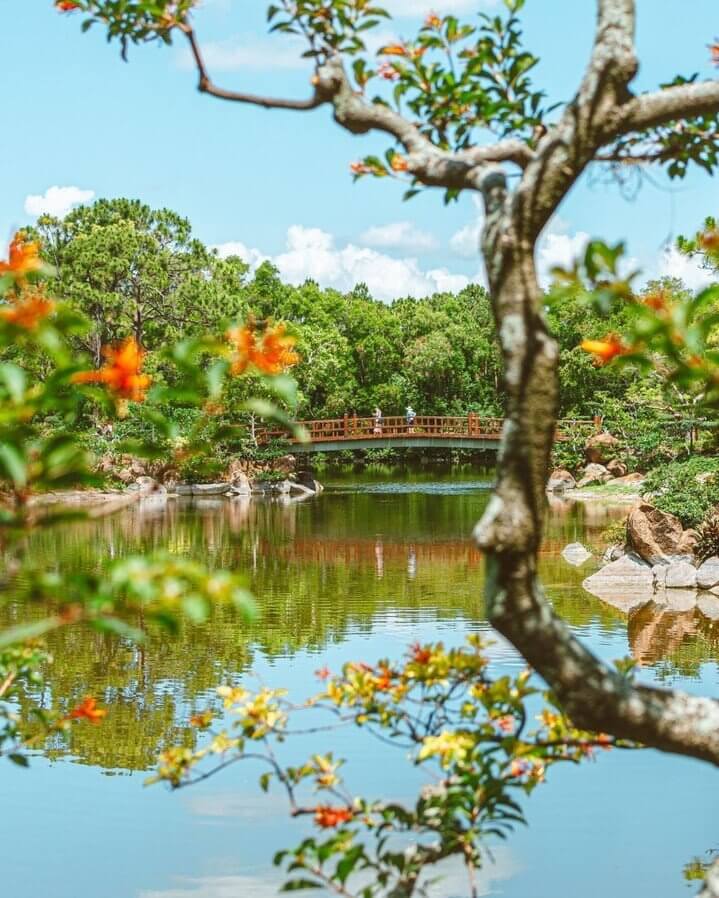
Did you know that Yamato is an ancient name for Japan? Established by a group of young Japanese pioneers in the early 1900s who arrived in the area that we now know as northern Boca Raton, the Yamato Colony was once filled with hope for a bright agricultural future. But the colony’s farming efforts eventually proved unsuccessful, and one by one, nearly all the working families moved on or returned to Japan. In the mid-1970s, one of the aging settlers who remained —Sukeji “George” Morikami — donated his land to Palm Beach County to create a park to preserve the legacy of the Yamato Colony. That dream became the Morikami Museum and Japanese Gardens, which opened in 1977 and is currently celebrating its 45th year. Today, the Morikami remains the only museum in the U.S. dedicated to Japanese living culture, with gardens that are recognized internationally as some of the most beautiful outside Japan.
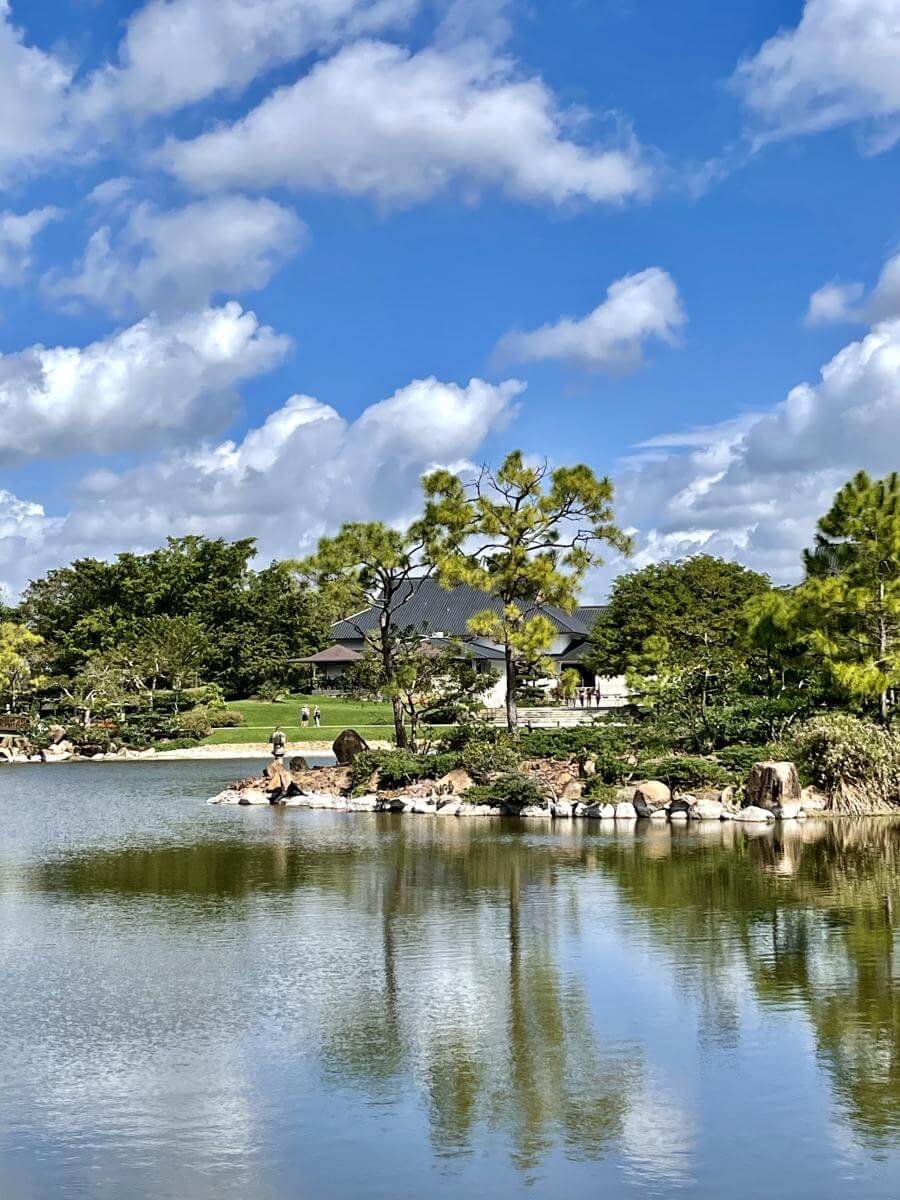
More than 16 acres of lush, immaculate Japanese gardens await at the Morikami. Designed by legendary international landscape designer Hoichi Kurisu, the Morikami’s gardens are inspired by traditional garden designs and renowned gardens of Japan. Named Roji-en: Garden of the Drops of Dew, the garden’s winding path leads visitors on a journey through six distinct garden designs dating back to the Heian period in the ninth century. Walking through the landscape styles of history, visitors experience everything from gardens meant to be viewed by boat to those meant for exploring by foot. Rock garden styles that were originally perfected at Zen Buddhist temples are beautifully contemplative, as is the Morikami’s impressive bonsai collection and Morikami Falls, under which colossal, brightly-colored koi fish gather to feast on fish food thrown in by visitors. Don’t miss turtles sunning themselves on Kameshima, or “Turtle Island,” thought to represent longevity in East Asian folklore, or Hotei, the garden’s resident god of happiness whose presence near the Yamato-kan bridge is meant to bring joy to all who notice him.
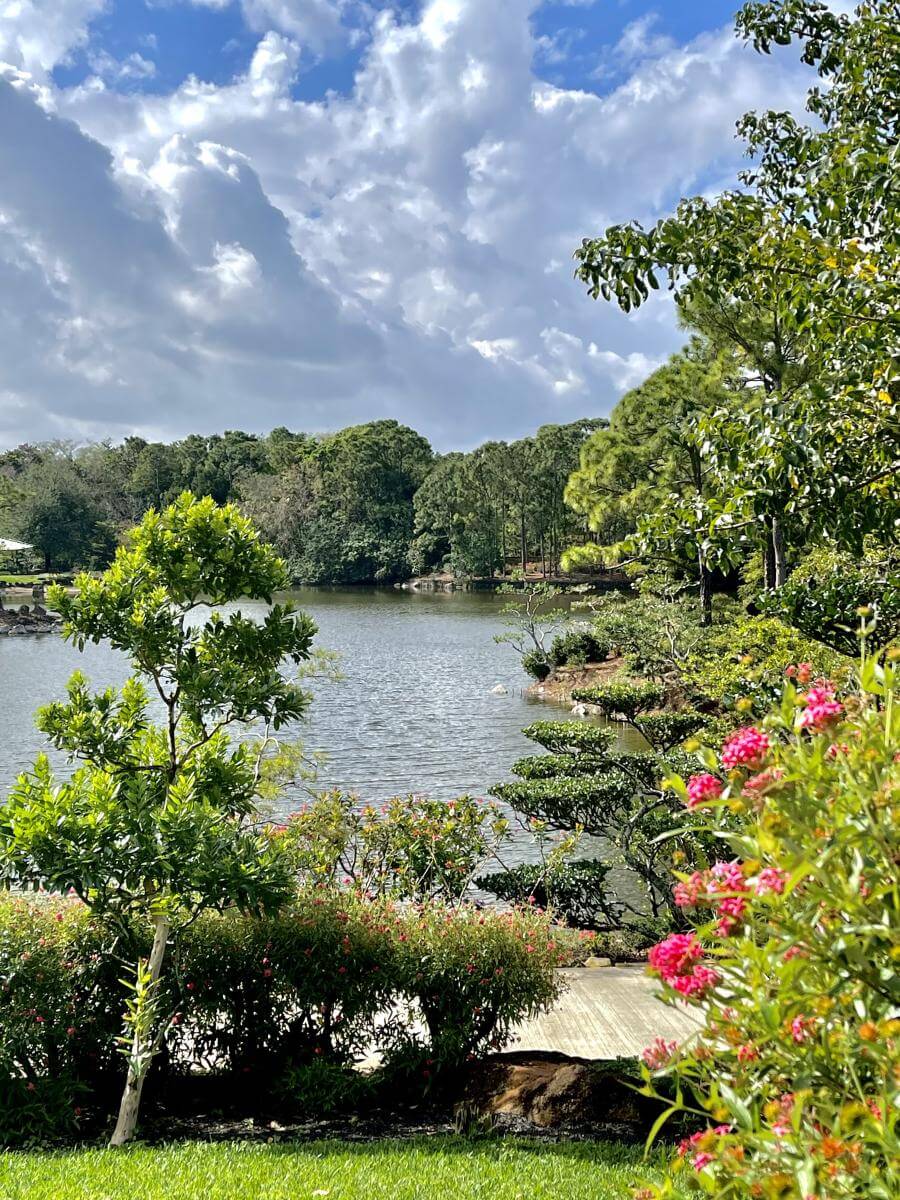
With a permanent rotating collection of historic artifacts dating from the first century A.D. to the present, the museum’s galleries are also home to a busy ongoing schedule of vibrant guest exhibitions of Japanese art and artifacts. The museum has exciting plans for future exhibitions of some of its permanent pieces, including those that tell the story of its founder and the Yamato Colony. And who can forget the museum store? With an ever-evolving assortment of distinctive souvenirs, delightful curiosities, Japanese snacks, jewelry and apparel, this is one shop that demands to be seen and shopped in.
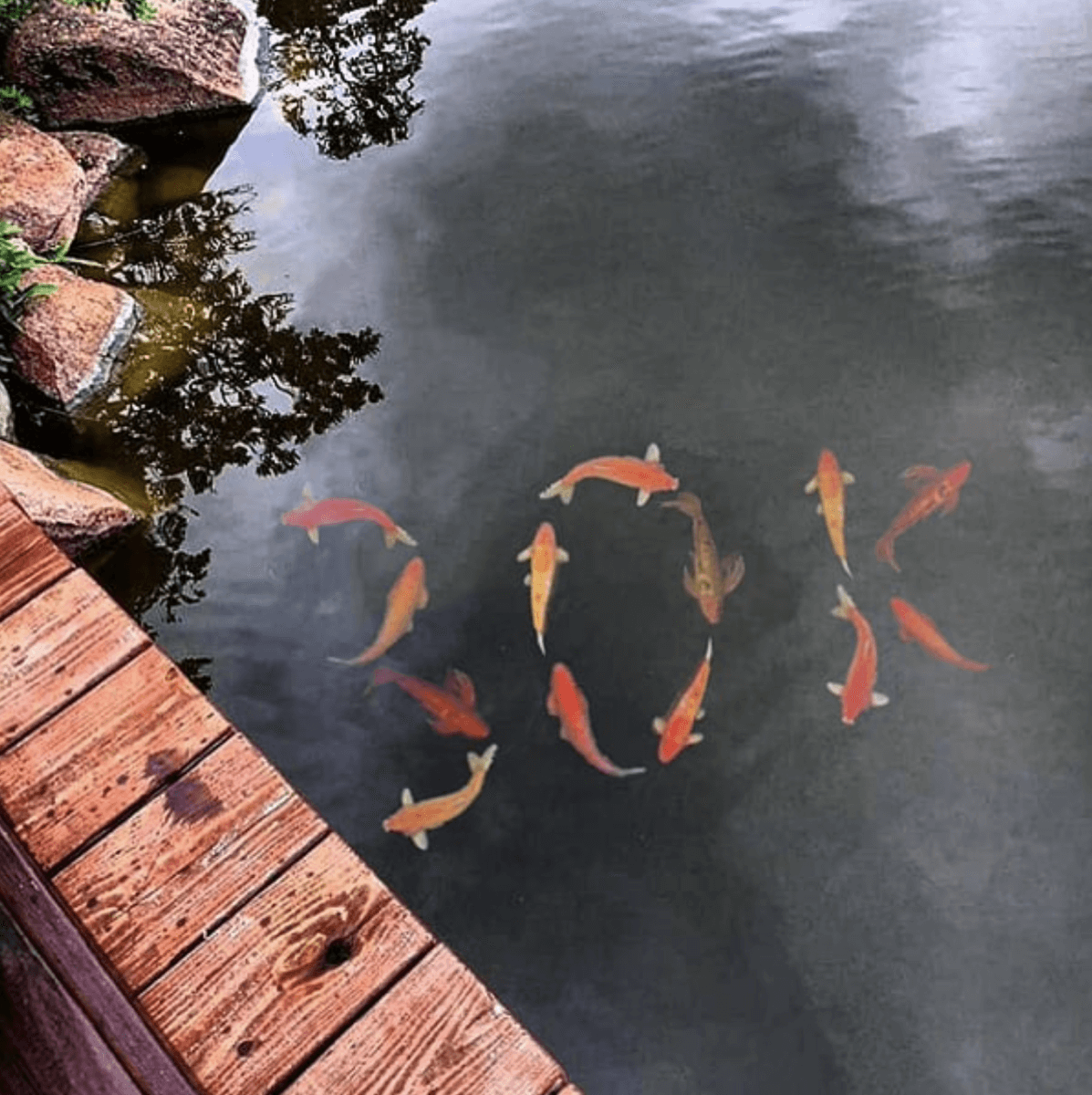
Long known for its show-stopping festivals such as the Lantern Festival, the spring anime fair Hatsume and New Year’s celebration Oshogatsu, the Morikami has scaled back the capacity of its special events in recent years. But that doesn’t mean that the fun has stopped; far from it. With daring and unforgettable events, the Morikami’s events are as strong and captivating as ever. The Morikami also offers an abundance of ongoing cultural classes for all ages, such as taiko drumming, sushi making and Ikebana flower arrangement. Students can soak in the art of Japanese calligraphy using charcoal ink, or sumi, and learn the art of Kokedama, the Japanese art of growing plants in a moss-covered ball of soil. Also notable are lively cultural demonstrations such as the sounds of the seventh century Japanese stringed instrument Koto or the peace of a Japanese tea ceremony in the museum’s expansive theater.
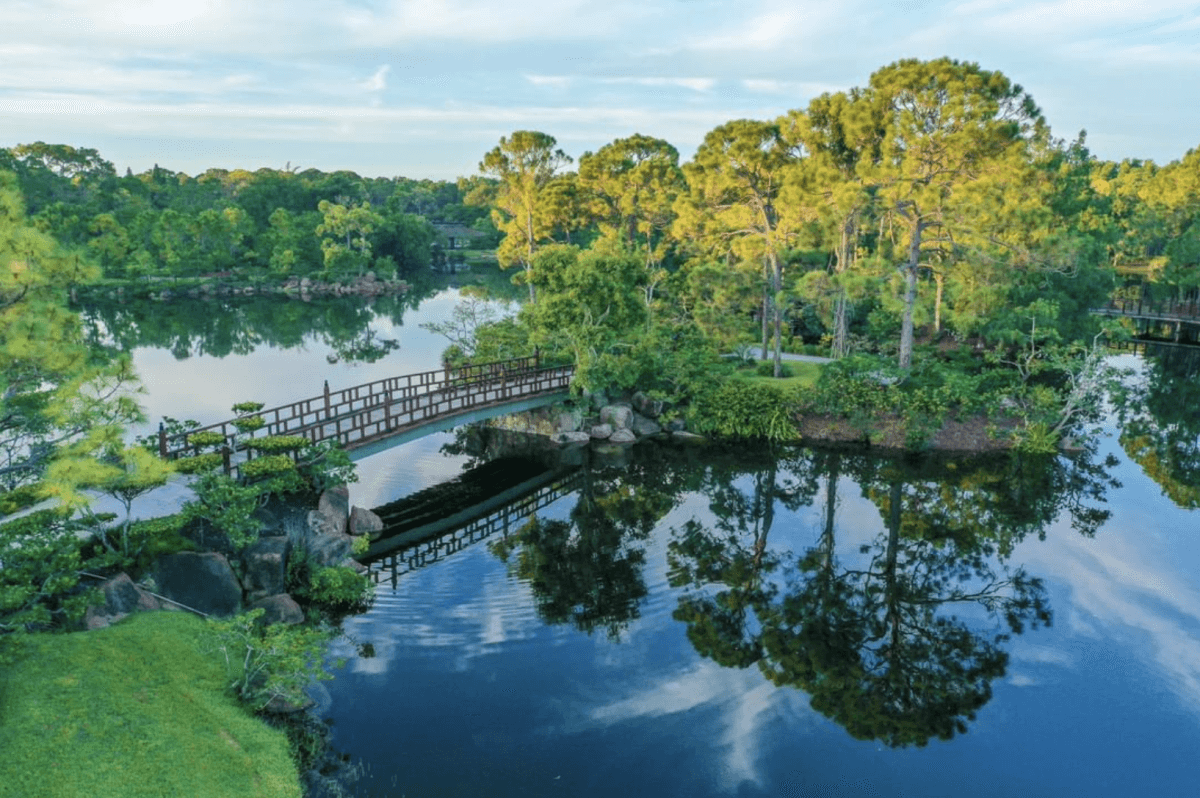
Voted one of the top three museum dining destinations in the nation by the Food Network, the Morikami’s award-winning Cornell Café offers a delectable Pan-Asian menu and a breezy, open air dining experience with a panoramic view. Delight your senses with a classic bento box of fresh sushi rolls, teriyaki chicken and salmon and other flavorful bites, and make sure to save room for the vanilla crepe cake, a delicate dessert made of layers of divine vanilla crème sandwiched between layers of light and savory crepe. An array of flavors of Boba tea, or iced sweetened milk teas, are also on the menu, including mango, taro and sweet mango green tea. Speaking of tea: the Morikami is home to the Seishin-an Tea House, a tea house where visitors may take part in small private classes to learn to observe Japanese Sado, or “the way of tea.” Incorporating precise etiquette and choreographed movements, the ancient ritual is meant to involve all the senses and invoke a serene feeling of harmony among all who experience it.
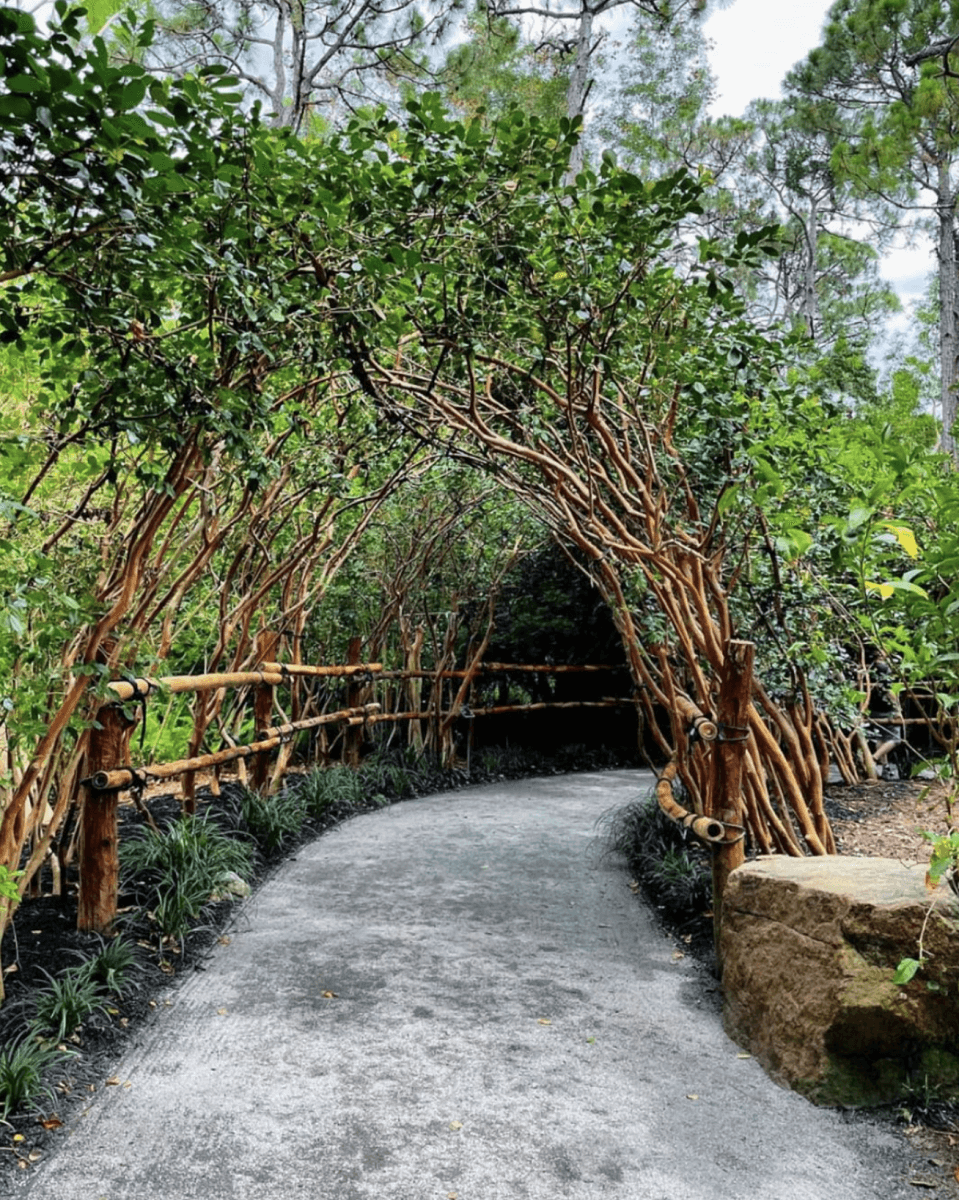
Ready to plan your visit? The Morikami Museum and Japanese Gardens is located at 4000 Morikami Park Road in Delray Beach. Hours are Tuesday through Sunday from 10 a.m. to 5 p.m. (closed Mondays and major holidays). Admission is free for annual members, or $15/adults, $13/seniors and military, $11 college students, $9 children (ages 6-17) and free for 5 and under. Call (561) 495-0233 or visit www.morikami.org.

Celebrate Asian-Pacific American Heritage Month at…
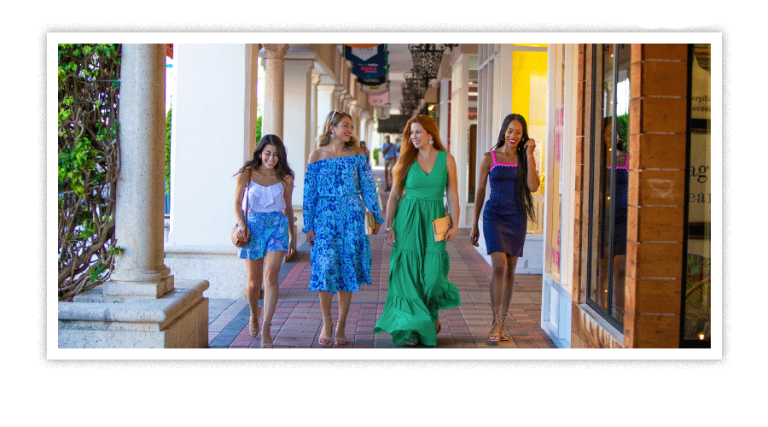
Guide to The Palm Beaches for The Jetsetter Stylish…
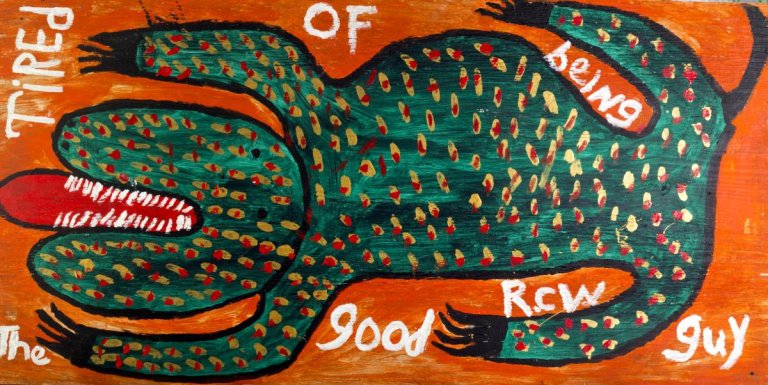
The Palm Beaches shows off why it’s renowned as a…
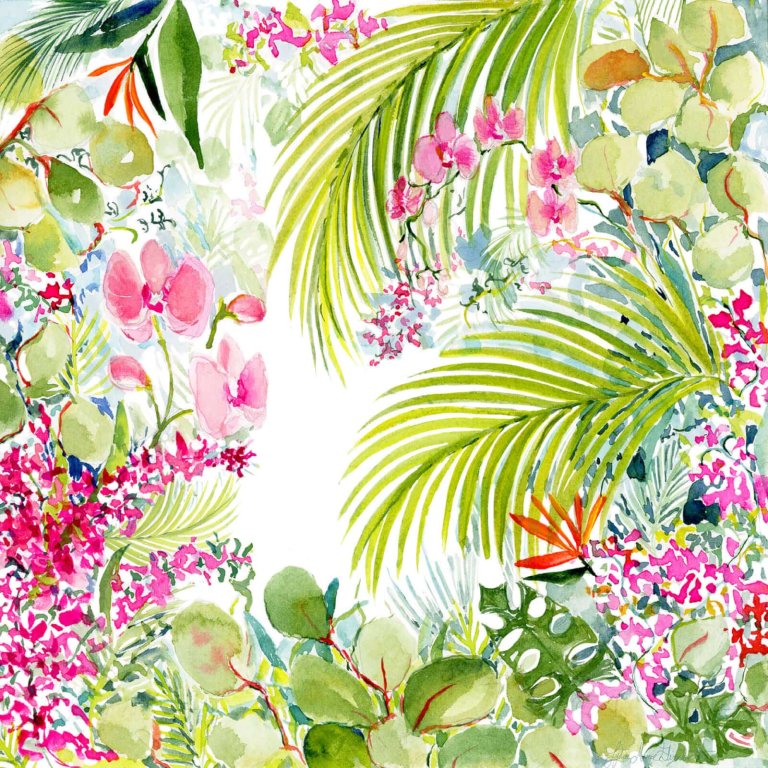
Exploring the blend of arts in The Palm Beaches, Florida…
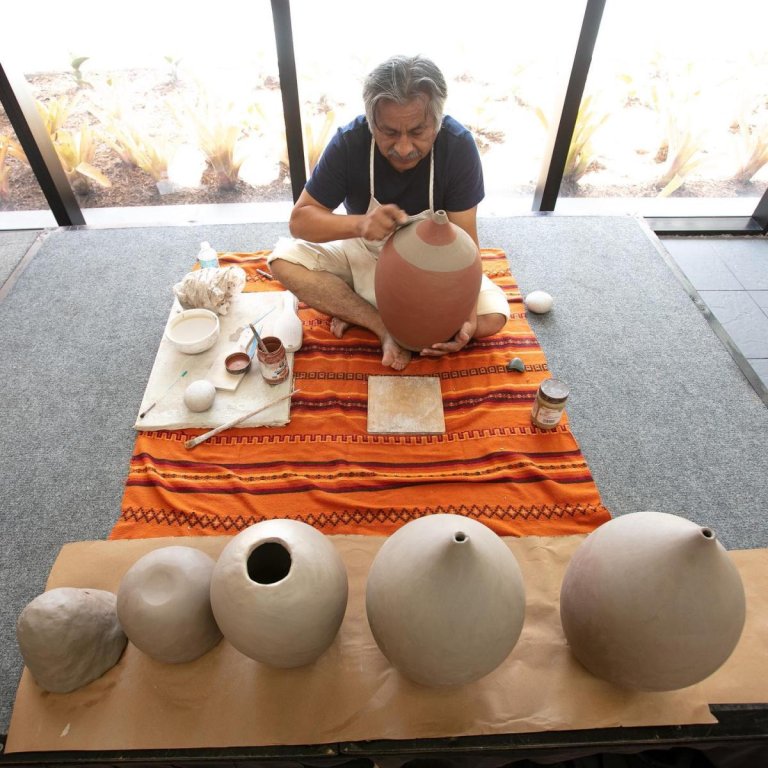
Here are four of the region’s top art destinations…
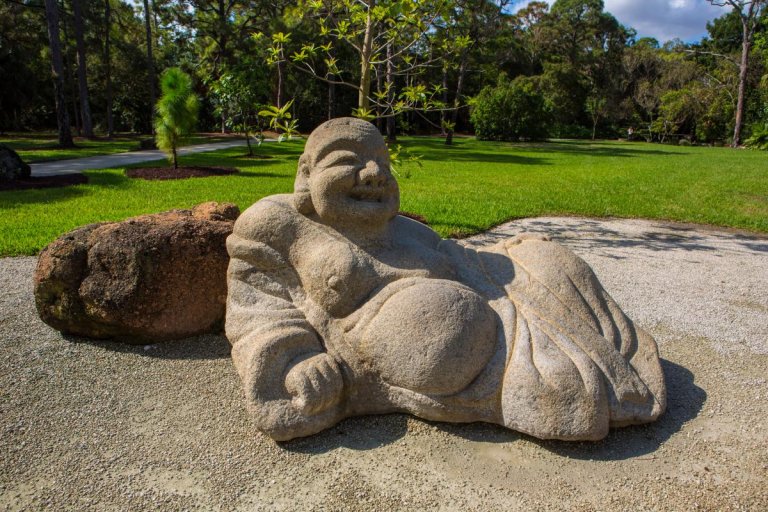
Art Celebrating Diversity in The Palm Beaches The Palm…
Browse lodging options in the one, the only, the Palm Beaches and discover America's First Resort Destination in sunny South Florida.